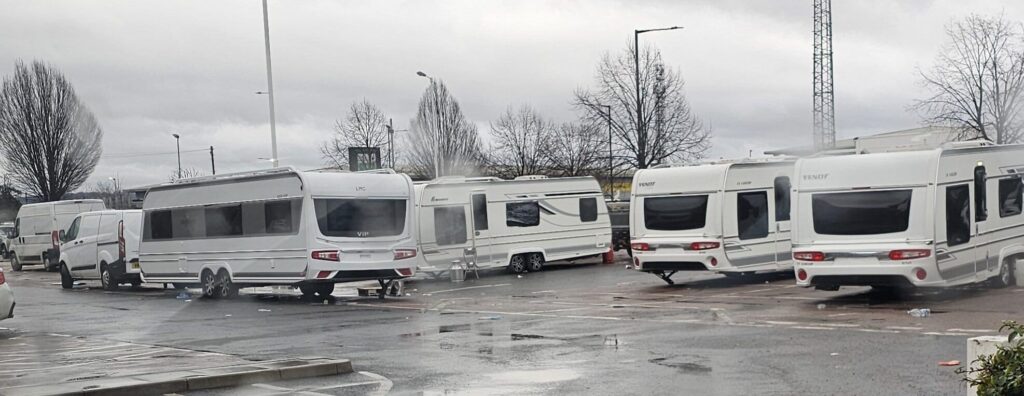Understanding Travellers in England: History, Culture, and Contemporary Issues
Travellers have been an integral part of England’s history and cultural tapestry for centuries. Often misunderstood and sometimes stigmatised, these communities represent a unique way of life that blends tradition, resilience, and adaptability. In this post, we’ll explore who travellers are, their historical roots, cultural practices, and some of the challenges they face in modern England.
Who Are Travellers?
In England, the term “travellers” encompasses various groups, including Romany Gypsies, Irish Travellers, and New Travellers. While each group has distinct origins and traditions, they share a nomadic lifestyle or heritage, often traveling seasonally for work or cultural reasons.
- Romany Gypsies trace their ancestry to northern India and have lived in England since the 16th century.
- Irish Travellers are a distinct ethnic group with roots in Ireland, with a history of migration to England dating back centuries.
- New Travellers are non-traditional groups who adopt a nomadic lifestyle, often inspired by countercultural movements.
A Rich Cultural Heritage
Travellers maintain vibrant cultural traditions, including music, storytelling, craftsmanship, and cuisine. Their oral history plays a vital role in preserving their identity, with tales passed down through generations. Celebrations such as horse fairs, including the famous Appleby Horse Fair, showcase their cultural pride and bring together communities from across the UK.
Family is at the heart of traveller culture, with strong bonds and shared responsibilities forming the foundation of their way of life. Religion also plays a significant role, with many travellers adhering to Catholicism or other Christian denominations.
Challenges Faced by Traveller Communities
Despite their rich heritage, travellers in England often face significant challenges, including discrimination, limited access to education, and inadequate healthcare services.
- Housing and Planning Issues: Many travellers struggle to find legal sites for their caravans. The lack of authorised pitches often forces them to stop on unauthorised land, leading to disputes with local authorities and residents.
- Education: Traveller children frequently face barriers to accessing consistent education due to their mobile lifestyle, contributing to lower literacy and numeracy rates.
- Health Disparities: Studies show that travellers experience poorer health outcomes and lower life expectancy than the general population.
Modern Perspectives and Solutions
Efforts to address these challenges are ongoing, with organisations and local authorities working to promote understanding, equality, and inclusion. Programs aimed at improving educational access, providing legal caravan sites, and raising awareness about traveller culture are crucial in fostering better relations between travellers and settled communities.
It’s equally important for society to challenge stereotypes and recognise the contributions that travellers make to England’s cultural diversity. Respecting their traditions and providing support where needed can pave the way for a more inclusive future.
There are around 30,000 Gypsies and Travellers in London. Their cultures and traditions have developed through a nomadic way of life over centuries. More details can be found here https://www.londongypsiesandtravellers.org.uk/
Final Thoughts
Travellers in England are a vital part of the country’s history and cultural identity. By understanding their way of life and the issues they face, we can break down barriers and build stronger, more inclusive communities. Whether it’s through celebrating their traditions or advocating for fair policies, we all have a role to play in ensuring that travellers are treated with the dignity and respect they deserve.
